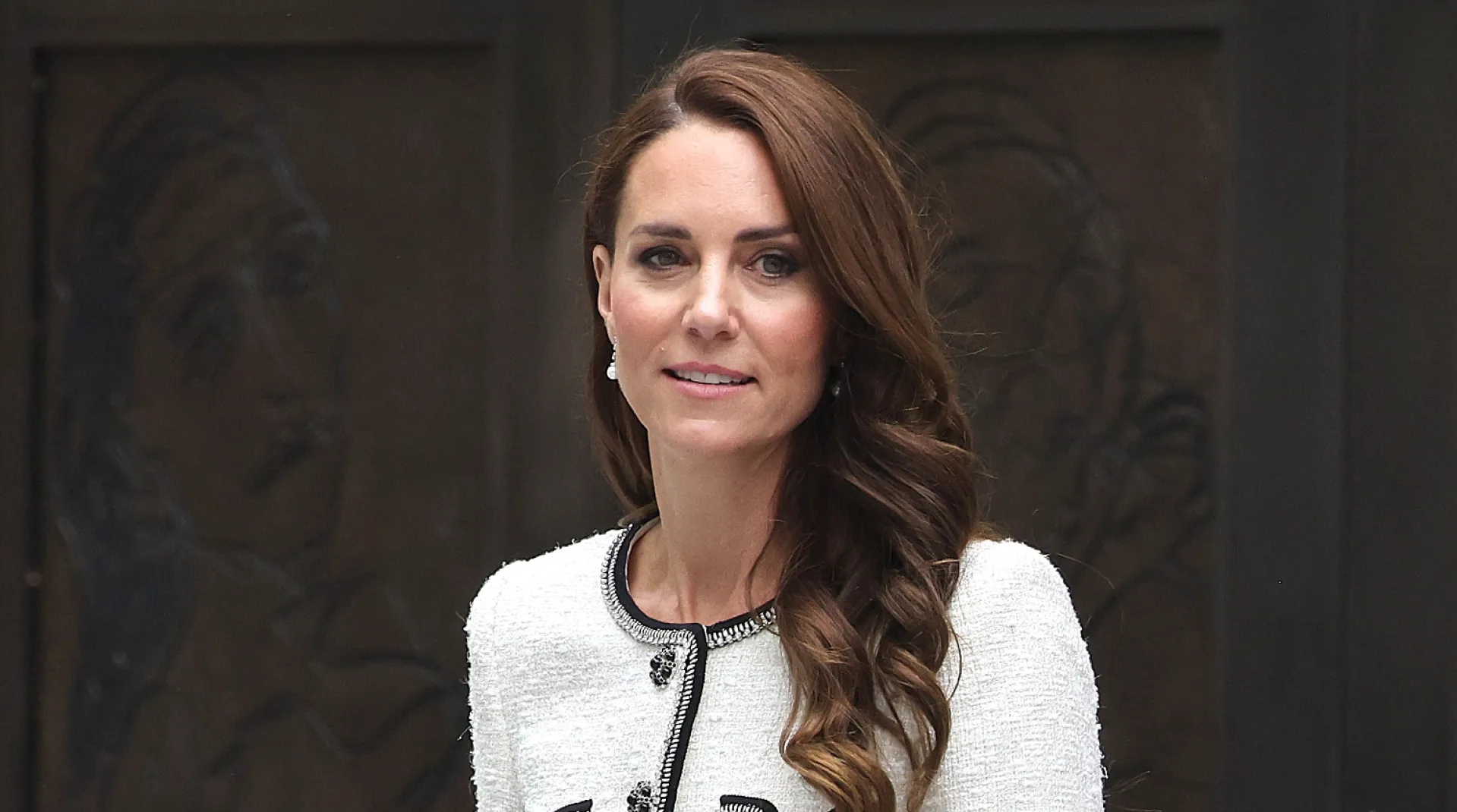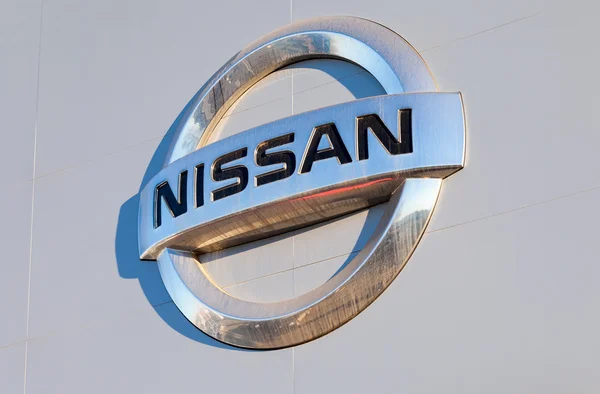Albanese Secures Historic Second Term as Australians Reject Trump-Inspired Politics

In a defining moment for Australia’s political landscape, Prime Minister Anthony Albanese won a second term in office after a decisive victory that left his conservative rivals reeling. Voters overwhelmingly backed Albanese’s Labor Party, choosing continuity and calm leadership amid the global instability largely attributed to U.S. President Donald Trump’s disruptive policies. The Liberal Party, led by Peter Dutton, suffered a crushing blow, losing key seats including Dutton’s own.
Albanese becomes the first Australian Prime Minister in two decades to be re-elected, with his party projected to hold at least 87 seats in the 150-member lower house. Taking the stage in Sydney to jubilant supporters, Albanese expressed gratitude for the electorate’s trust. “Australians have chosen optimism and determination,” he declared, highlighting voters’ preference for stable governance during uncertain times.
Dutton’s political career suffered a major setback after he lost his outer-Brisbane seat, ending a tenure of more than 20 years. In his concession speech, Dutton accepted full responsibility for the defeat and pledged to rebuild. Analysts pointed to policy inconsistencies and the shadow of Trump-style politics as key factors in the Liberal Party’s poor performance.
The election outcome drew swift international praise. U.S. Secretary of State Rubio reaffirmed Australia’s status as a “valued ally,” while British Prime Minister Keir Starmer highlighted the strength of long-distance partnerships. Despite recent tensions, Albanese affirmed that Australia remains committed to its alliance with Washington, even as he criticized Trump’s tariff threats as unprovoked and unfriendly.
Foreign policy played a pivotal role in the campaign, with Albanese gaining favor for his measured response to Trump’s 10% tariff imposition on Australian goods. When Trump declared “Liberation Day” in April, Albanese stood firm, calling the tariffs “not the act of a friend.” Meanwhile, Dutton struggled to distance himself from Trump’s ideology, particularly after his shadow minister echoed the phrase “make Australia great again.”
Albanese's foreign diplomacy has yielded tangible results. His efforts have improved ties with China, leading to the removal of punitive tariffs, and strengthened relations with Pacific nations, countering China’s regional influence. On the domestic front, however, his government faces ongoing criticism for its slow response to inflation and cost-of-living pressures.
In response, Albanese has promised a suite of economic reforms: tax cuts, cheaper medication, lower housing deposits for first-time buyers, and an ambitious plan to build 1.2 million homes. His administration, elected during the 2022 “climate election,” has rolled out enough renewable energy to power 10 million homes but faces scrutiny for approving new fossil fuel projects.
On climate policy, Albanese reaffirmed his net-zero commitment by 2050 and criticized the rollback of environmental protections in the U.S. under Trump. He emphasized renewable energy as a key driver of Australia’s future economy. The election result also killed Dutton’s controversial proposal to construct seven nuclear plants, which environmentalists viewed as a delay tactic to prolong fossil fuel dependence.
David Ritter, CEO of Greenpeace Australia Pacific, hailed the outcome as a rejection of “Trumpist climate and nature destruction.” He added that the Coalition’s nuclear energy push had been firmly dismissed by the electorate. As Albanese embarks on his second term, the message from Australians is clear: they are choosing forward-looking leadership over reactionary politics.
What's Your Reaction?






















